It's something we do unconsciously every day, from deciding what to wear to sizing up the people we encounter throughout the day. Judgment isn't necessarily bad—it's how we make sense of the world. But what happens when our judgments become harsh, shallow, or based on assumptions? How can we move from that kind of judgment to something more understanding and constructive?
Judging others is something we've done for as long as we've existed. It's part of our survival instinct. Long ago, we had to make quick decisions about whether someone was a threat or a potential ally. That ability to judge swiftly kept our ancestors safe. But in today's world, we aren't using judgment for plain survival anymore. We use it to navigate our perceptions of people. Instead of figuring out who is dangerous, we might judge someone based on their appearance, behavior, or social media. The problem is, those judgments often miss the mark.
Think of a time when you misjudged someone. Maybe it was a coworker who seemed unfriendly, and you assumed they were arrogant or didn't like you. Later, you learned they were dealing with personal issues and were simply withdrawn. Or maybe you judged someone based on what they wore or how they spoke, and it affected how you treated them. Then, once you got to know them, you realized your initial impression couldn't have been further from the truth. It's a humbling moment when you recognize your judgment said more about you than the person you judged.
What if, instead of jumping to conclusions, we paused and asked ourselves why someone might be behaving in a way we don't understand? Imagine approaching people with curiosity rather than judgment. The distant coworker might be struggling with anxiety. The person who cuts you off in traffic could be rushing to the hospital. The friend who didn't respond to your message might be dealing with more than they're sharing. When we replace judgment with empathy, we start seeing people for who they are, not who we assume them to be.
Judging others also connects to how we judge ourselves.
Sometimes, the things we're quickest to criticize in others reflect something we don't like about ourselves. If we find ourselves judging someone for being insecure, is it because we're wrestling with our own insecurities? If we criticize someone for being too quiet, is it because we wish we had more courage to speak up? When we become aware of these patterns, we not only judge others more fairly but also begin treating ourselves with more kindness.
The truth is, we'll never stop judging. It's part of being human. But we can judge better. So when you catch yourself judging someone, take a moment to think. Is your judgment based on facts or assumptions? Are you giving this person the benefit of the doubt, or are you letting your own biases cloud your view? When we slow down and judge with empathy and curiosity, we give others—and ourselves—a chance to grow. And what's a half-grown plant that cannot reach it's full growth and bear the most beautiful flowers and fruits?
